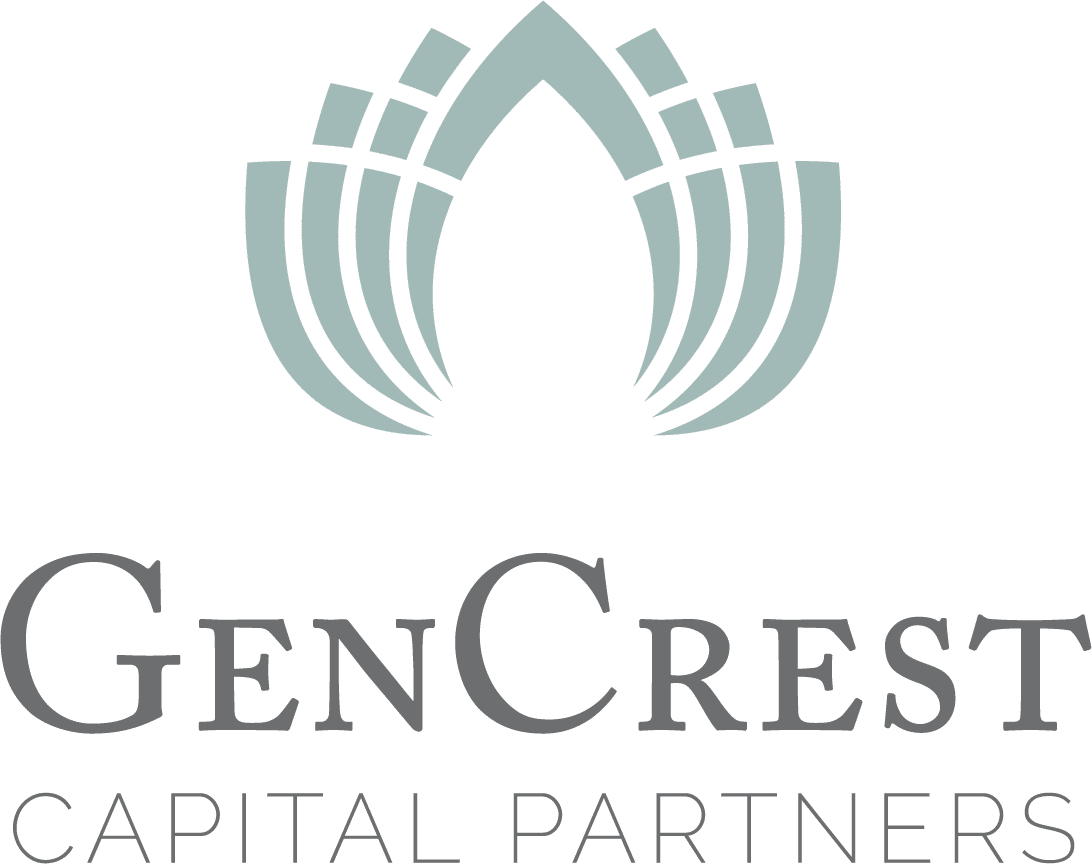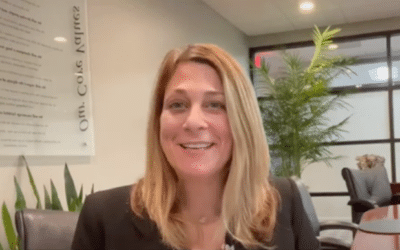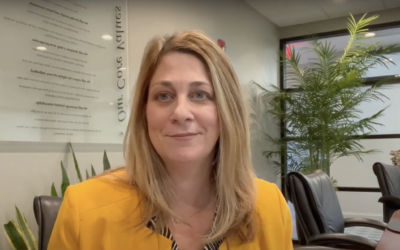Selling Real Estate Owned by a Decedent

Ask Ashley
Question:
My sister and I are in the process of selling my father’s house, will we owe taxes when we sell the house?

Ashley L Madden, CPA, CFP®
Scenario
My father passed away in late 2019 and my sister and I are in the process of selling his house. My mother passed away a few years earlier. Will I owe taxes when we sell the house?
Answer
When a parent passes away, it can be very challenging to navigate the legal process of settling their estate at the same time you are grieving the loss for you and your remaining family. There are several considerations when selling the home for a decedent (your father, in this case).
You may be familiar with the exclusion of capital gains ($250,000 for a single taxpayer/$500,000 for married filing jointly) for the sale of a primary residence owned 2 of the last 5 years. The surviving spouse will be able to qualify for this exclusion but at the death of the second spouse, the home no longer qualifies for the exclusion at the death of the surviving spouse. The home sale will be subject to capital gains (sale price less adjusted cost basis) when sold after death.
The home will receive a step-up in cost basis to the fair market value as of the date of death. Fair market value as of the date of death may be difficult to assess, especially since some time has passed. But you could look to tax records for the property and/or real estate comps for nearby properties sold around the date of death as a starting point.
In this situation, there could likely be gains to consider given the increase in most home values over the past year and a half. However, you can also deduct any substantial improvements made to the home as well as closing costs including real estate commissions from the sale as part of the capital gains calculation.
You will also need to consider if there are creditors or debts owed by the Estate (including an existing mortgage) as the home sale could be a source for those payments. Any resulting net profit from the sale of the home would be considered a capital gain (or potentially a loss after the above-listed considerations) which can be reported on Form 1041 for Estates and Trust for the year of the sale. There may be other income from the decedent to consider for this tax form.
The Estate will also need to attain an EIN (Employer Identification Number) to file the Form 1041. The capital gain or loss then is reported by the beneficiaries through the 1041 K-1 on their own personal 1040 return for that year.
Key Points
- There is no primary residence capital gains exclusion eligibility for the Estate.
- The Estate can use the date of death for fair market value as a starting point for establishing cost basis.
- There may be additional expenses and liabilities that reduce the final calculation of gain or loss on the sale.
- The sale of real estate for a decedent is typically reported on Form 1041 by the Estate and then carried through the 1041 K-1 to beneficiaries to report on their personal 1040 returns based on their allocation of the sale.
Each sale will have its own unique circumstances and professional advice from practiced attorneys and tax advisors is recommended to assist you with the process. Best of luck!
The content is developed from sources believed to be providing accurate information. The information in this material is not intended as tax or legal advice. Please consult legal or tax professionals for specific information regarding your individual situation. This material was developed and produced by FMG Suite to provide information on a topic that may be of interest. FMG Suite, LLC, is not affiliated with the named representative, broker-dealer, state- or SEC-registered investment advisory firm. The opinions expressed and material provided are for general information and should not be considered a solicitation for the purchase or sale of any security.
Request an Appointment
With our 15 minute phone consultation, we will get to know you, your family, and goals to see if your family is a good fit for our specialized advisors.



